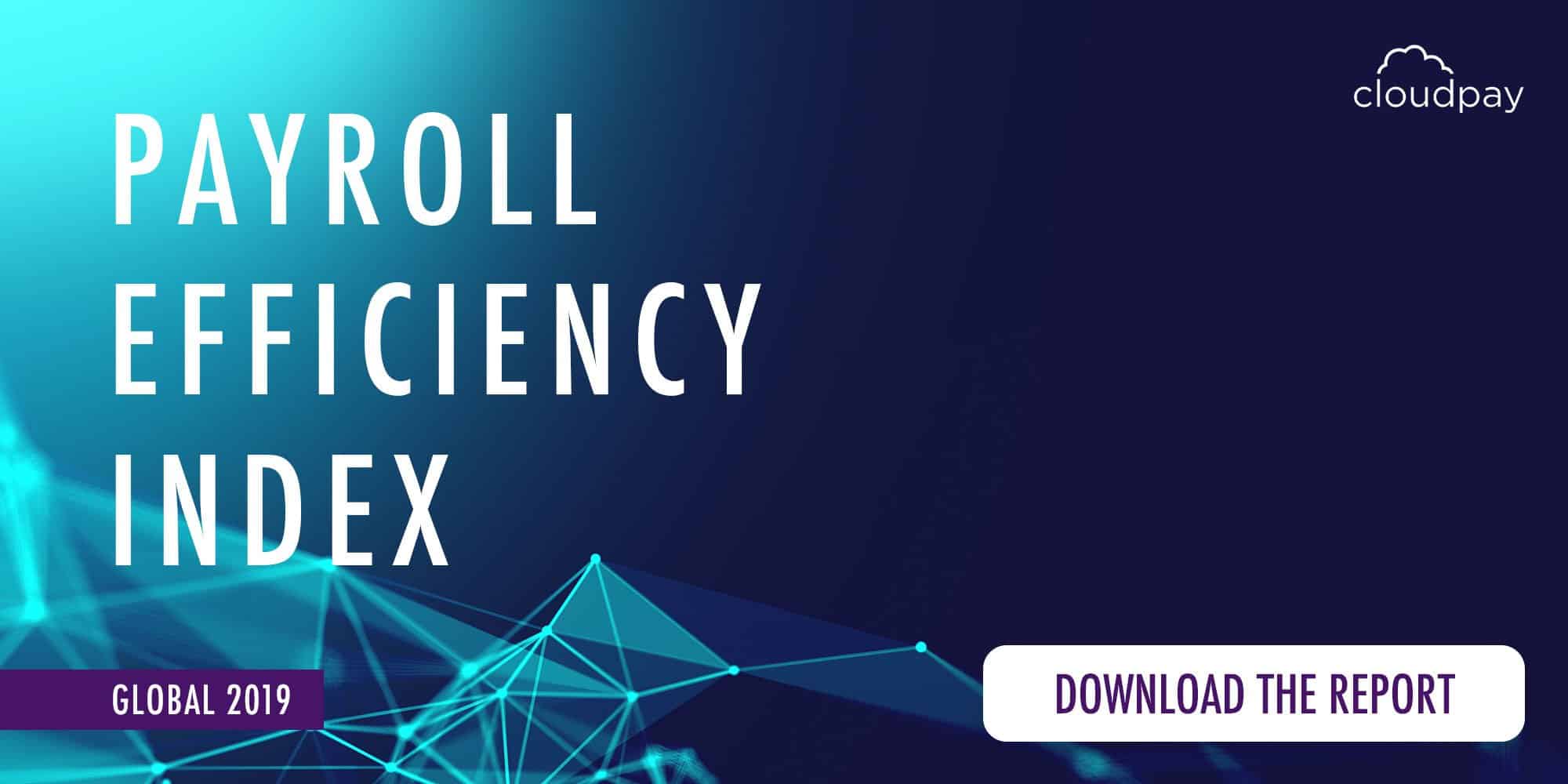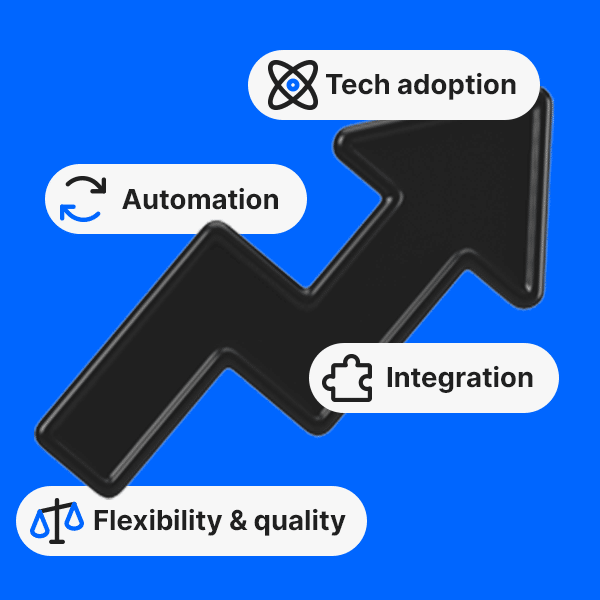With technology advancing at a pace not all organizations can match, it’s fair to say the last decade was one of disruption. For many businesses, it was also a period of digital transformation, as they sought to harness emerging tools and technologies to reinvent operations for the modern era.
Now, at the start of a new decade, it’s the perfect time for all business functions — including global payroll — to reflect on those transformational efforts and see what lessons can be learned. What has worked? What hasn’t? And what have been the key barriers to progress?
Such insights offer a helping hand to those currently planning new initiatives, enabling the creation of a clearer roadmap for success and helping businesses set the right expectations for future programs.
Viewing digital transformation as a people problem
In a recent McKinsey Global Survey on the subject of digital transformation, 99% of respondents had pursued a large-scale technology transformation in the last two years.
While some have achieved success, many of those involved in such projects have been left questioning just how transformational they have actually been. Often, this is due to initiatives being overly ambitious, with organizations guilty of trying to boil the ocean. It appears that more targeted initiatives (typically focused on transforming individual processes) have had the most positive impact.
Interestingly, McKinsey’s survey found that where transformational projects had encountered difficulties, the most-cited obstacles were skills and culture issues. More than half of organizations (51%) found skill gaps opening up between traditional and digital teams, while 36% saw employees struggle in new roles.
Clearly, digital transformation is not just a question of strategy and technology. It’s also a people issue, with resource planning and hiring a key part of the puzzle.
While HR and payroll may not be the first departments that spring to mind when thinking about digital transformation, their central role and impact across the workforce put them at the core of transformational efforts.
Too often though, HR and payroll are something of an afterthought in digital transformation, as organizations over-rely on technology and fail to prioritize development of the workforce.
A study by talent acquisition firm Capita Resourcing confirms as much, with 76% of HR leaders stating that their department’s value was overlooked in digital transformation projects, and 82% believing their workforce needed to improve its skills to capitalize on new ways of working.
The recruitment of these skills was a bigger issue still, with 94% experiencing difficulties with recruiting the required talent.
If that doesn’t sound like a payroll problem, think again. In an age where recruitment and talent retention is driven by the competitive advantage of an enhanced employee experience, payroll has a fundamental part to play.
Digitizing the employee experience
It stands to reason that today’s best digital talent (and the skills required to drive successful transformation initiatives) gravitates to organizations able to offer a forward-thinking, digitally driven employee experience. As one of very few functions that regularly touches every employee in the business, payroll is critical in delivering just that.
Payroll’s impact on the employee experience can’t be underestimated — and not just because inaccurate or late salary payments have the capacity to derail other attempts to keep employees engaged.
Features such as self-service and online payslips are increasingly expected of modern organizations, while on-demand payments (particularly relevant to the gig economy workforce) and blockchain-powered pay runs are set to be normal in the near future.
Meanwhile, increased adoption of automation technologies can help further oil the wheels of the payroll process, not only ensuring faster payment for employees but reducing the room for errors that can cause compliance issues.
For businesses failing to live up to the expectations of an increasingly tech-savvy workforce, cutting-edge digital skills will be harder to recruit and retain, and ongoing engagement harder to achieve.
Increasing skills insights through HR integration
The Capita report on digital transformation also found 35% of HR leaders bemoaning the lack of capability to predict future jobs and skills requirements. As the guardian of the organization’s most valuable people data, payroll may have a key part to play here too.
When integrated with HR systems, payroll data can offer a wide range of critical workforce insights, which can be used both to improve internal processes and to support HR with its role in digital transformation.
By leveraging today’s predictive analytics and machine learning capabilities, the data becomes even more rich and meaningful. However, when payroll data is not accessible within other HR systems, its value is severely limited.
Looking toward the digital future
Lessons learned from digital transformation initiatives of the last few years suggest that skills gaps, resource planning, and workforce development are among the biggest barriers to success.
With payroll central to providing a positive and engaging employee experience, it’s essential for payroll teams to deliver a tech-driven, best-in class service that helps to position the business as a forward-thinking modern enterprise.




